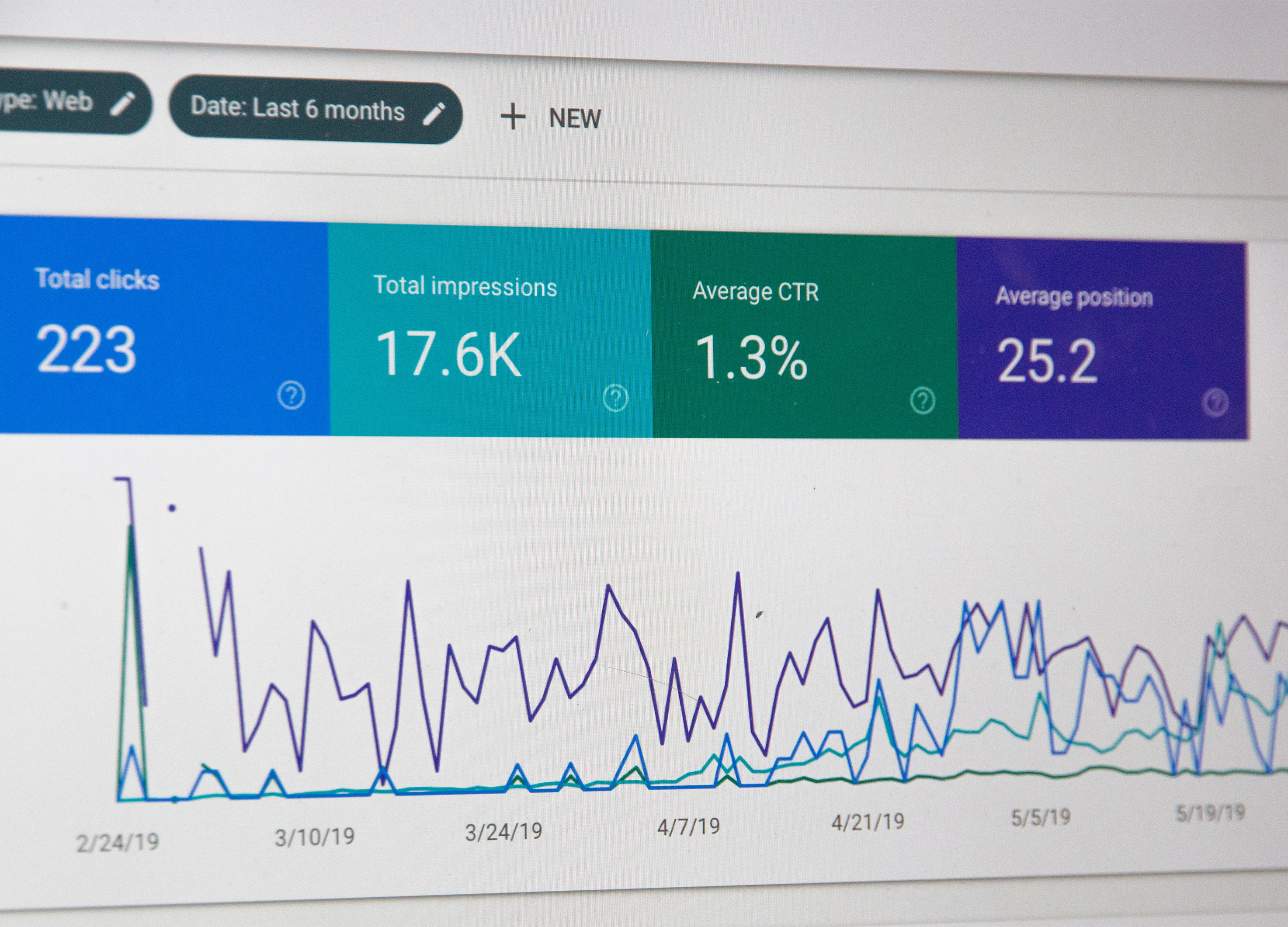
Unveiling the Power of Data: Sources for Online Brand Promotion in Mobile App Marketing
Mobile app marketing has become a vital component of online brand promotion in today's digital era. The success of mobile app marketing relies on valuable data insights that enable intelligent data analysis and drive effective decision-making. In this blog, we will explore the various sources of data available for mobile app marketing and how advances in data analysis and classification empower brands to make informed decisions in their online brand promotion efforts.
1. In-App Analytics: Unraveling User Behavior
In-app analytics serves as the primary source of data for mobile app marketing. It allows brands to collect and analyze user interactions within the app, providing valuable insights into user behavior and engagement patterns.
Data collected through in-app analytics reveals crucial metrics, such as the number of downloads, active users, session duration, and specific actions taken by users. This data-driven approach enables brands to optimize user experiences, increase retention rates, and tailor their online brand promotion efforts accordingly.
2. App Store Analytics: Measuring App Performance
App store analytics offer insights into app store performance and user acquisition. Brands can gather data on the number of app downloads, conversion rates, and user ratings and reviews.
Understanding app store analytics allows brands to assess the effectiveness of their online brand promotion strategies and app store optimization (ASO) efforts. By monitoring keyword rankings and conversion rates, brands can refine their ASO strategies for better visibility and increased downloads.
3. Advertising Platforms: Tracking Campaign Performance
Mobile app marketers often use advertising platforms to promote their apps and drive user acquisition. These platforms provide valuable data on ad performance, including impressions, clicks, conversions, and cost per acquisition (CPA).
By analyzing data from advertising platforms, brands can identify the most effective marketing channels, optimize ad campaigns, and allocate resources strategically to maximize their online brand promotion efforts.
4. Social Media Insights: Understanding Audience Engagement
Social media platforms offer a wealth of data for mobile app marketing. Social media insights provide information about the reach, engagement, and demographics of the audience interacting with the app's social media posts and ads.
Leveraging social media data enables brands to understand which platforms drive the most traffic and conversions. Brands can use this data to tailor their social media content and online brand promotion strategies to engage with their target audience effectively.
5. User Surveys and Feedback: Direct Customer Input
Direct feedback from app users is a valuable source of data for mobile app marketing. User surveys and feedback forms provide qualitative insights into user preferences, satisfaction levels, and pain points.
By listening to user feedback, brands can gain valuable insights into customer needs and expectations. Brands can use this data to enhance app features, improve user experiences, and strengthen their online brand promotion efforts based on customer input.
6. Advanced Data Analysis and Classification: Enhancing Decision-Making
Advances in data analysis and classification have revolutionized mobile app marketing. Machine learning algorithms and data mining techniques allow brands to uncover hidden patterns and correlations within large datasets.
Intelligent data analysis empowers brands to make data-driven decisions and identify user segments with similar characteristics, enabling personalized online brand promotion campaigns and targeted messaging.
7. Behavioral Data Tracking: Understanding User Journeys
Behavioral data tracking involves monitoring user actions within the app, such as clicks, swipes, taps, and other interactions. This data provides brands with insights into user journeys and preferences.
By analyzing behavioral data, brands can identify pain points in the user journey, optimize app flows, and create personalized online brand promotion campaigns that cater to specific user needs and interests.
8. Decision-Making Models: Empowering Marketing Strategies
Implementing decision-making models based on data analysis allows brands to optimize their mobile app marketing strategies. Brands can use predictive modeling to forecast user behaviors and outcomes, helping them design effective marketing campaigns and promotional activities.
These decision-making models enable brands to allocate resources efficiently, target the right audience, and achieve better results in their online brand promotion efforts.
Conclusion
Data is the backbone of effective mobile app marketing and online brand promotion. Leveraging various sources of data, such as in-app analytics, app store analytics, advertising platforms, social media insights, user surveys, and behavioral data tracking, empowers brands to make informed decisions and optimize their marketing strategies.
Advances in data analysis and classification, along with decision-making models, further enhance the effectiveness of mobile app marketing efforts. By harnessing the power of data, brands can create personalized experiences, engage with their target audience effectively, and drive growth in their mobile app installations and online brand promotion endeavors. In a data-driven world, successful mobile app marketing lies in the ability to decipher the wealth of data available and transform it into actionable insights that fuel impactful online brand promotion strategies.